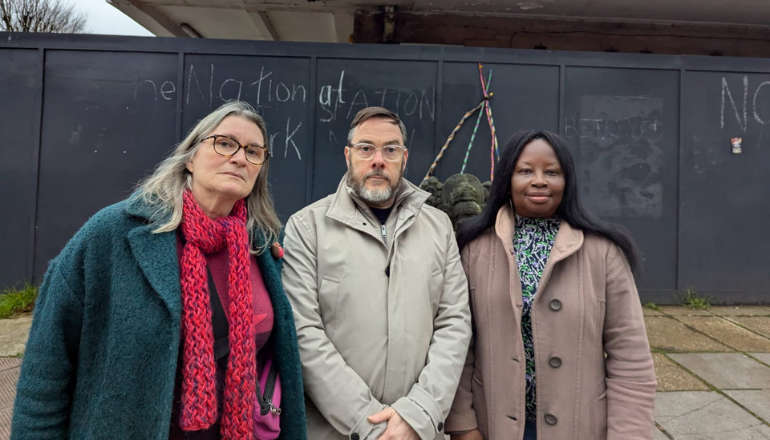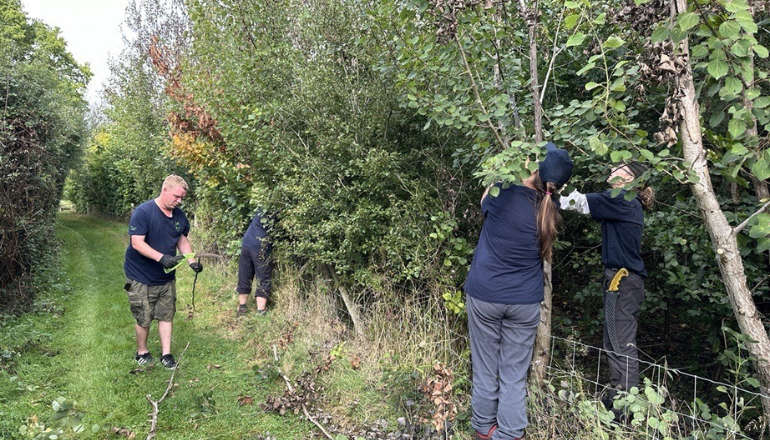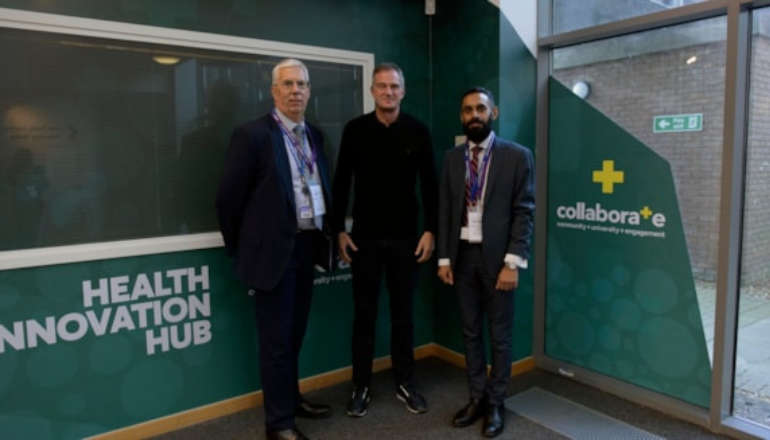
The number of girls being supervised by the West Sussex Youth Justice Service is almost ten per cent higher than the national average.
The aim of the service is to work with 10-17-year-olds who have committed a crime and try to make sure it doesn’t happen again.
Some 22 per cent of the youngsters are girls, with many having committed a violent crime – but reasons for the high number are not yet clear.
The issue was raised during a county council meeting on Friday (July 15) as part of a discussion about a recent government inspection of the service.
It received a ‘good’ rating overall, with four of the 13 categories marked ‘outstanding’ and two rated ‘requires improvement’.
In his report, inspector Justin Russell said a ‘substantial proportion’ of the cases dealt with by the service involved girls and encouraged the management board to take a look at their specific needs.
When asked what could be done to work out why so many girls in the county were committing violent crimes, Jacquie Russell, cabinet member for children & young people, said it was an issue which needed to be discussed by the council’s scrutiny committee.
She advised the meeting that caution was needed when it came to the statistics as there was ‘a huge disparity’ between the council’s figures and those from the Youth Justice Annual Board.
Mr Russell also recognised the work being carried out by the management board to look at the overrepresentation of black, Asian and minority ethnic children being supervised, as well as looked after children and those with special educational needs.
The inspector gave six recommendations to help improve the service even more.
They included increasing the proportion of children accessing appropriate full-time education, developing a strategy and response to meet the needs of girls supervised by the service, and increasing the probation officer resources available to the service.
The inspector had plenty of praise for the service and its staff – but perhaps the highest praise came from the children and their parents.
One mother spoke highly of the staff member who had been helping her son.
She said:
“She has gone over and beyond because what she sees is a child who is not getting or being able to access the right support.
“That he’s not a criminal, just a child with a lot of need not being met by those that should.”


 ‘A Kick In The Teeth For Lewes’: Lib Dem MP Expresses Disappointment Over Bus Station Loss
‘A Kick In The Teeth For Lewes’: Lib Dem MP Expresses Disappointment Over Bus Station Loss
 Results For Worthing’s Bathing Water Sites Revealed
Results For Worthing’s Bathing Water Sites Revealed
 £100,000 Robbery Of Bexhill Mobile Phone Store
£100,000 Robbery Of Bexhill Mobile Phone Store
 Organisations In Wealden Receive Funding To Help Tackle Inequalities In Physical Activity
Organisations In Wealden Receive Funding To Help Tackle Inequalities In Physical Activity
 Festive Children’s Stories Brought To Life With Interactive Story Session
Festive Children’s Stories Brought To Life With Interactive Story Session
 Jail Time For Shop Owner Who Sold Illegal Tobacco
Jail Time For Shop Owner Who Sold Illegal Tobacco
 Funding Boost For Community-Led Waste Prevention Projects In West Sussex
Funding Boost For Community-Led Waste Prevention Projects In West Sussex
 Newhaven RNLI Welcomes Quartet Of Mayors To Share Gratitude
Newhaven RNLI Welcomes Quartet Of Mayors To Share Gratitude
 University Of Brighton Launches Health Innovation Hub To Tackle Health Challenges
University Of Brighton Launches Health Innovation Hub To Tackle Health Challenges
 New Residential Care Home For Disabled Children In Brighton
New Residential Care Home For Disabled Children In Brighton